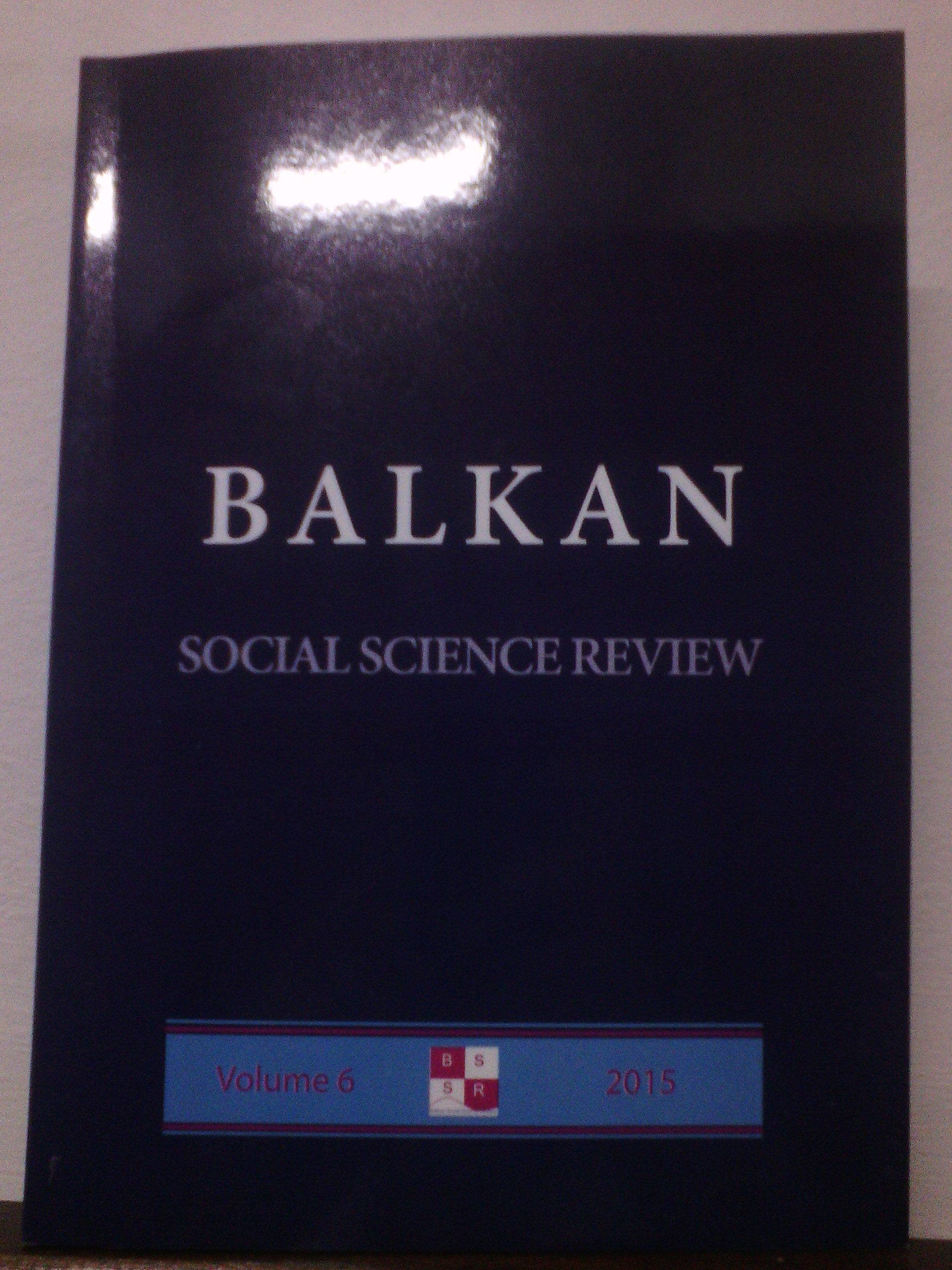Muslims in Kosovo: A Socio-economic and Demographic
Profile: Is the Muslim Population Exploding?
Muslims in Kosovo: A Socio-economic and Demographic
Profile: Is the Muslim Population Exploding?
Author(s): Abdul Ghaffar MughalSubject(s): Politics / Political Sciences, Social Sciences
Published by: Универзитет »Гоце Делчев« - Штип
Keywords: Muslim; socio-economic characteristics; Kosovo; demography; Balkan; Muslim exceptionalism; demographic transition; population momentum
Summary/Abstract: Kosovo has the highest percentage of Muslims of any Europeancountry except for Turkey. To our knowledge, there has been nosystematic study of the demographic and socio-economiccharacteristics of the Muslim population of Kosovo. The presentstudy is the first attempt to fill this gap. Ethnicity and religiousaffiliation are almost synonymous in Kosovo, with ninety sevenpercent of Albanians, the dominant ethnic group, identifyingthemselves as Muslim. With the exception of a tiny fraction, thesame is true of Turks, Goranis, and Bosnians: their ethnicity andreligion are almost synonymous. By the same token, almost allSerbs are Christian Orthodox. As regards the sectarian divisionamong Muslims, most Muslims are Sunni. Other than Muslimsand Orthodox Christians, a tiny minority consists of other groupsincluding Roman Catholics, Protestants, Jews, Bektashi Shias,and non-believers. We estimate that in 2009, the population ofMuslims in Kosovo was about 1890000 or 93% of the totalpopulation of Kosovo. The share of Muslim population isexpected to grow but at a decreasing rate. By 2029, the share ofMuslim population is projected to increase to 95 percent under amedium fertility scenario. This projection is significant in that itcasts doubt on the perception of Muslim demographicexceptionalism – the view that Muslims are culturally resistant tofamily planning and are disposed to early marriages, resulting ina higher growth rate of Muslims relative to non-Muslims. Whilenot new, the subject of Muslim demographic exceptionalism hasbeen receiving increasing traction in the aftermath of theSeptember 2001 attack on the Twin Towers. We conclude thatMuslims are expected to follow the demographic trajectory ofother groups albeit with a delayed effect. The projected delayedeffect is accounted for by population momentum
Journal: Balkan Social Science Review
- Issue Year: 2015
- Issue No: 6
- Page Range: 155-201
- Page Count: 46
- Language: English

